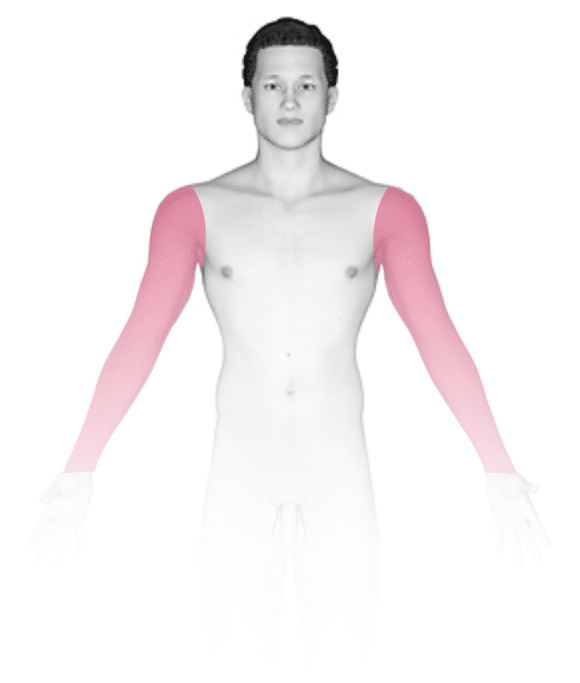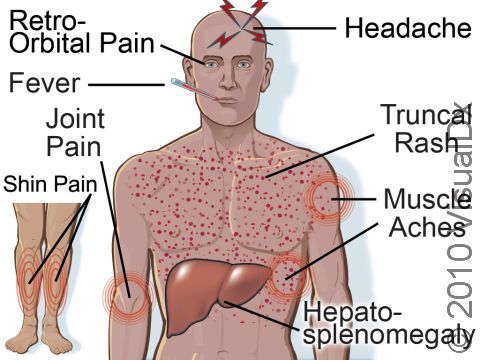Trench Fever
Trench fever is a bacterial infection caused by the bacterium Bartonella quintana, which is carried and transmitted to humans by the common body louse (a small, wingless insect that lives in the clothes of infested people). Trench fever received its name during World War I, when millions of troops living in close, unhygienic quarters were infested with body lice and infected with trench fever. Trench fever is not usually a serious disease and can be easily treated; if left untreated, serious complications include heart damage.
Who's At Risk?
Trench fever is found all around the world, usually in populations living close together and/or with very unhygienic conditions. In the United States, this usually includes:
- Homeless people, either in shelters or without access to clean clothes; in particular, homeless people who abuse alcohol are at greatest risk.
- Inmates.
- Refugees in camps.
- Health care workers who care for those with trench fever.
Signs & Symptoms
- Fever that comes and goes in a 5-day cycle
- Headache
- Pain behind the eyes
- Pain in the shin bones
- General body aches
- Classic rash – pink-red patches and small bumps that appear and disappear, usually on the chest, as the fever comes and goes
Self-Care Guidelines
It is important to get rid of the body lice entirely to prevent reinfection.
In the case of trench fever:
- Bathe regularly and change and launder your clothes.
- It is appropriate to treat fever with acetaminophen, aspirin (do NOT give aspirin to any child aged 18 years or younger), or ibuprofen.
If you have an itchy rash, avoid scratching it, as this may lead to further infection with other bacteria.
As with all illnesses, rest and stay well hydrated.
Treatments
Your doctor may choose to test your blood for the presence B. quintana. However, the test results may take weeks to return, so your doctor will likely initiate treatment with a common antibiotic based on your signs, symptoms, and history. It will be important to follow your doctor’s recommendations regarding getting rid of body lice; otherwise, you may become reinfected. There is no vaccine for trench fever.
Visit Urgency
See your doctor for any illness that causes recurrent fever, particularly if the fever lasts longer than 5 days. The signs and symptoms of trench fever are common to many other illnesses, so it is important to tell your doctor if you suspect you have body lice or trench fever.
Trusted Links
Last modified on October 6th, 2022 at 3:13 pm

Not sure what to look for?
Try our new Rash and Skin Condition Finder
